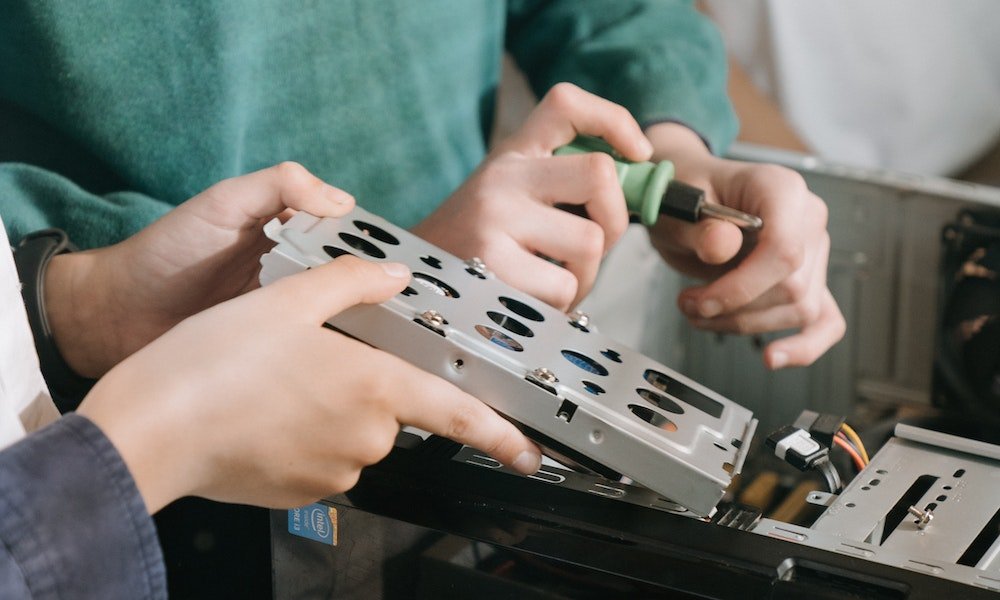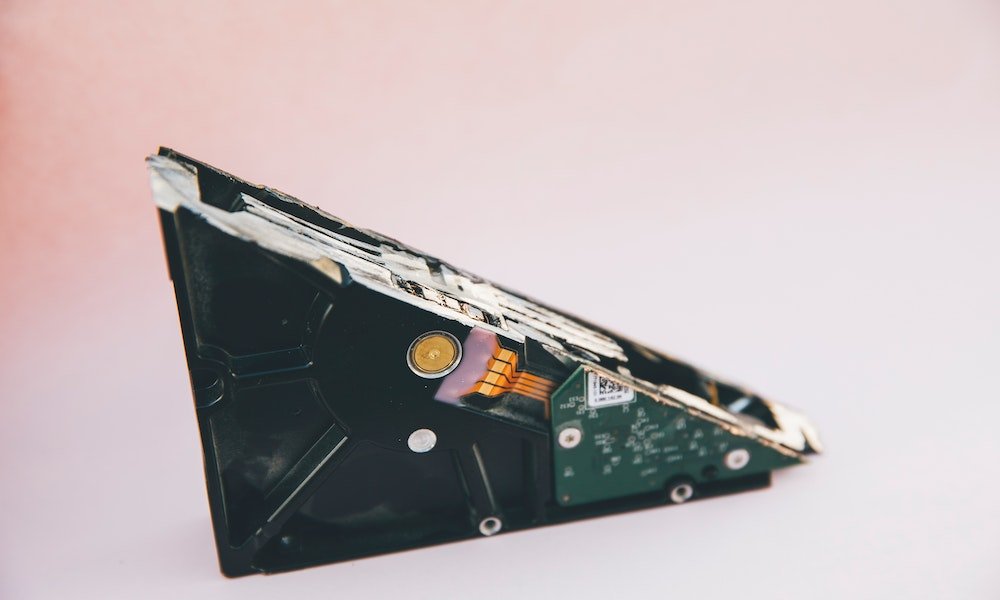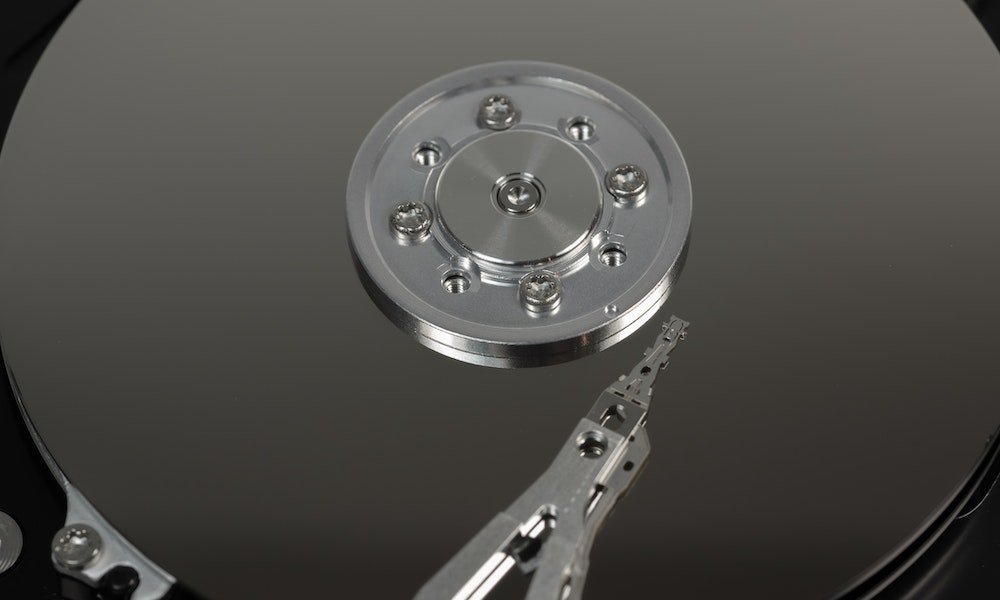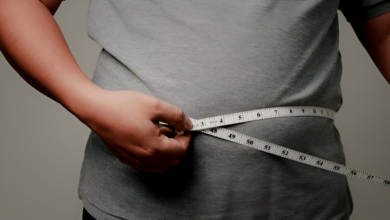6 Best Ways to Check Hard Disk Health in Windows

Hard Disk Health in Windows, When it comes to maintaining the health and performance of your Windows computer, checking the hard disk’s health is crucial. A failing hard disk can lead to data loss, system crashes, and overall sluggishness. Therefore, it’s essential to regularly monitor and ensure the health of your hard disk. In this article, we will explore the six best ways to check hard disk health in Windows, allowing you to identify and address any potential issues proactively.
Read More: Email Server in Linux with Mail-In-A-Box: 7 Easy Ways
Use the Windows Built-in Tools
Hard Disk Health in Windows, Windows operating system provides built-in tools that can help you assess the health of your hard disk. One of the most commonly used tools is the “chkdsk” utility. It scans the disk for errors and bad sectors and repairs them if possible. To use this tool, open the Command Prompt and type the command “chkdsk C:” (replace “C:” with the drive letter you want to check). The utility will scan the disk and provide a detailed report on its health status.
Third-Party Disk Checking Software
Hard Disk Health in Windows, Apart from the built-in tools, numerous third-party disk checking software are available that offer advanced features and a user-friendly interface. These software applications provide in-depth analysis, detailed reports, and real-time monitoring of the hard disk. Some popular choices include CrystalDiskInfo, HDDScan, and HD Tune. Download and install one of these tools, and run a scan to get a comprehensive overview of your hard disk’s health.

Command Prompt
Hard Disk Health in Windows, In addition to “chkdsk,” the Command Prompt offers other commands that can help you check hard disk health. For instance, the “wmic” command provides information about the hard disk’s model, serial number, capacity, and status. Open the Command Prompt and type “wmic diskdrive get status” to retrieve this information. This command can be useful for quickly checking the basic health status of your hard disk.
Event Viewer
Hard Disk Health in Windows, Windows Event Viewer logs various system events, including hard disk errors. By examining the Event Viewer logs, you can identify any disk-related issues that have occurred in the past. To access the Event Viewer, press “Windows + R” to open the Run dialog box, type “eventvwr.msc,” and hit Enter. In the Event Viewer, navigate to “Windows Logs” > “System” and look for any error or warning messages related to your hard disk.

Check Disk Health using SMART
Hard Disk Health in Windows, Self-Monitoring, Analysis, and Reporting Technology (SMART) is a feature available in most modern hard disks. SMART provides detailed information about the disk’s health attributes, such as temperature, error rate, and reallocated sectors. To check the disk health using SMART, you can utilize various third-party tools like CrystalDiskInfo, which displays the SMART attributes and their corresponding values. If any attribute indicates potential issues, it’s advisable to take immediate action.
Analyze Disk Performance
Hard Disk Health in Windows, Monitoring the performance of your hard disk can indirectly give you insights into its health. A sluggish disk performance, slow read/write speeds, or frequent system freezes can indicate underlying issues. To analyze disk performance, you can use the built-in Windows Performance Monitor. Open the Run dialog box, type “perfmon.msc,” and hit Enter. In the Performance Monitor, navigate to “Performance Monitor” > “Monitoring Tools” > “Performance Monitor.” Here, you can monitor various disk-related performance counters, such as average disk queue length, disk read/write speed, and response time.
Hard Disk Health in Windows, Conclusion
Taking proactive measures to check the health of your hard disk in Windows is essential for maintaining a stable and reliable computer system. By utilizing the built-in tools, third-party software, Command Prompt, Event Viewer, SMART, and performance monitoring, you can stay informed about the condition of your hard disk and address any potential issues promptly. Regularly checking the hard disk health will ensure data integrity, enhance system performance, and prolong the lifespan of your hard disk.
Read More: 7 Easy Ways To Monitor Battery Health on Mac Laptops

FAQs
How often should I check my hard disk health?
It’s recommended to check your hard disk health at least once every few months to detect any potential issues early.
Can I use multiple disk checking software simultaneously?
While it’s possible to install multiple disk checking software, it’s advisable to run one scan at a time to avoid conflicts or performance issues.
What should I do if a disk checking tool detects errors?
If errors are detected, it’s recommended to backup your important data immediately and consider repairing or replacing the hard disk.
Is it necessary to check the hard disk health on a new computer?
Even on a new computer, it’s a good practice to check the hard disk health to ensure there are no manufacturing defects or initial issues.
Are there any warning signs that indicate a failing hard disk?
Yes, warning signs include frequent system crashes, slow performance, unexplained data corruption, and strange noises coming from the hard disk.








3 Comments